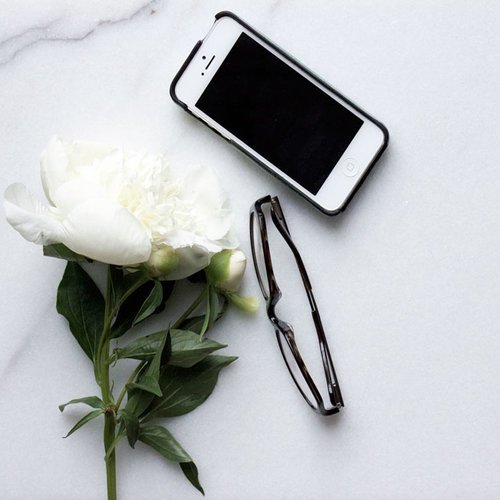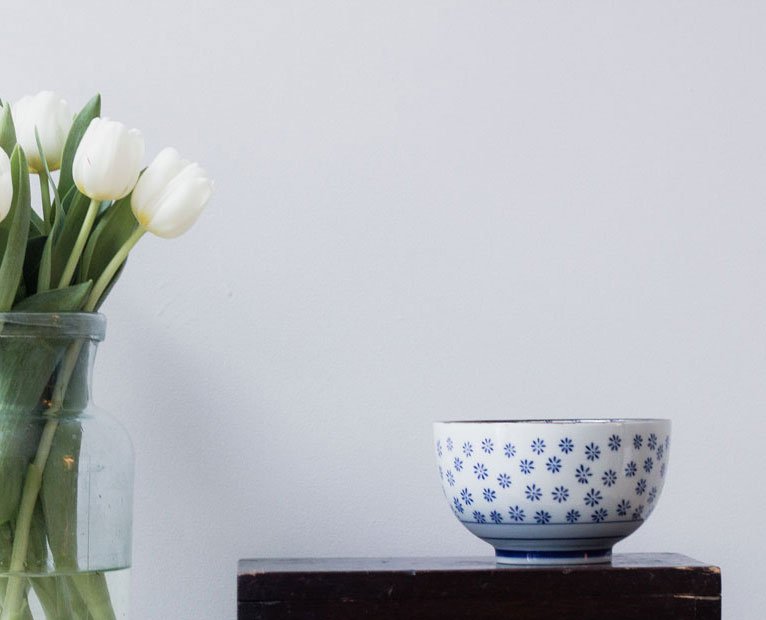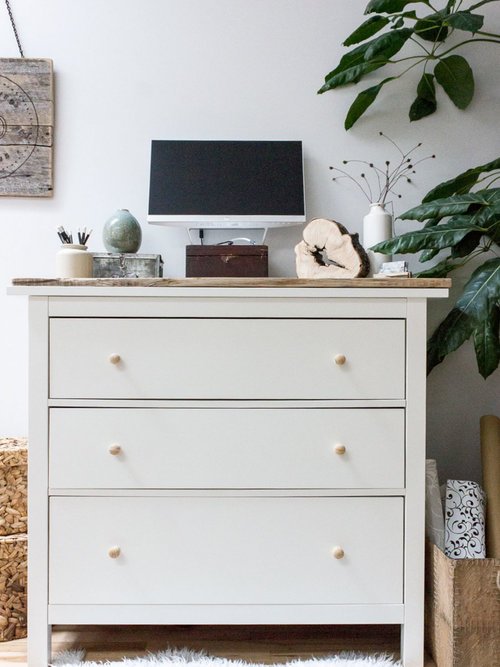How To Declutter Your Mind & Keep It That Way
Decluttering our spaces helps us feel calmer and allows more space for the relationships and experiences that bring us true joy and purpose. Having a clutter-free home and workspace can also help us be more productive and creative throughout the day, leading to better results in whatever we are pursuing.
But what if you successfully declutter your environments but you still have a cluttered mind?
Clutter in our minds is probably the worst kind of clutter because it fills up our brain and crowds out the capacity for simple tasks like remembering to take a lunch bag with us in the morning, let alone for more demanding tasks like writing or project managing. It happens because of mental fatigue, which is over-activity. The endless activity could be positive things like learning something new or diving into a project at work, or it might be negative things like worrying or over-analyzing or playing images of the past on repeat mode. Whether good or bad, the overdrive eventually catches up and depletes our mental energy and every inch of space in our brain.
As aggravating as a cluttered mind is, the worst part is that left unchecked, mental fatigue and brain clutter will lead to chronic stress and depression, which in turn can lead to chronic disease. It can also affect your relationships with others, both because you'll be less sociable and pleasant and because your depleted energy will be draining on them as well.
So just as you set aside time for tidying and decluttering your home, make it a habit to develop a specific brain decluttering practice. It needn't be complex - even a few of these simple actions will reap positive benefits.
1. Do a brain purge.
Yes, just as you would purge your closet and get rid of things you don't need or that don't bring you joy, do the same with your brain. Physically sit in a quiet spot where you won't be interrupted and start scanning your brain for what it's holding on to. A stack of paper or post-it notes will act as your trash bin - write down everything on a piece of paper and put it into a pile. Mentally go through your day and write down every worry, anxiety, fear, reminder, insecurity, dream, memory, observation and idea you've been kicking around.
2. Keep only the essential.
Go through your stack of post-its and identify the things that are essential to living your best life and moving it forward. Discard those that are not useful to that mission. Ask yourself, "Is this worry helpful? Am I going to use this information to move toward my goals?" Physically purge the 'discard' pieces of paper by putting them in the trash or shredder so you can mentally say goodbye to them forever.
3. Organize what you keep.
Begin a journal that's categorized for the things you decide to keep in your brain. Categories could include to-do's, goals, big ideas, things to learn, etc. Then, every night, get in the habit of emptying what's in your head for the day into the journal and the categories you've outlined. When you know they're written down, your thoughts won't take up precious space in your mind any longer. And when you re-read the list the next night, you may very well just cross out some of the things for good and never think about them again.
4. Don't fill your mind back up again.
Be careful how much you allow back into your mind on a daily basis. Perhaps you can think of ways to eliminate or reduce the amount of information and noise you consume. For example, instead of reading three different news sites in depth every day, maybe you just need to scan the headlines once and make note of a few things you want to come back to once/week to read more fully. Another idea is to keep a notebook or a tool like Evernote or Pocket or even the voice recording app on your phone to capture ideas and to-do's on the fly. I simply use the notepad app on my phone to keep running lists of groceries, books I'd like to read, and ideas that pop into my head. Then I don't have to try to keep them all in my head where they clutter up space I need to focus on the present moment.
5. Automate routine tasks.
Necessary tasks like brushing your teeth, cooking meals and paying bills are essential to life, but you can make them as simple as possible so that your mental energy is not wasted on these routine undertakings. The more you can make these things habits, the more brain space and energy you conserve. The way to automate tasks and turn them into habits is to modify your environments to make them easy. For example, keep your toothbrush, paste and floss all in one cup in your medicine cabinet so your body automatically knows what to do every day, and you don't have to use up brain power thinking about it. Take the time to set up a menu plan that rotates every week or two, so you only need a few favourite recipes that you can follow practically in your sleep. You might be able to fully automate some tasks - like monthly bill payments, social media scheduling, and email responses.
6. Don't ingest negative things (or even just too many things).
Just as we should be careful of ingesting food and drinks that add useless clutter to our bodies, we need to be careful not to ingest anything that clutters our minds. This includes negative news, negative conversations, and too much TV. I'm guilty of Netflix binging - I think of it as a way to unwind and relax. But in reality, it fills my head with a lot of noise and not much in the way of positive growth. Instead, I find when I read a book, take a walk, have a bath, or listen to music I'm much calmer and experience more clarity and peace of mind.
As Tim Ferris says in The 4-Hour Workweek, “Lifestyle design is based on massive action— output. Increased output necessitates decreased input. Most information is time-consuming, negative, irrelevant to your goals, and outside of your influence.”
7. Single-task and batch tasks.
There is no such thing as multitasking; our brains actually move back and forth at a quick speed on the two or more things we are doing at the same time. It's inefficient (it actually takes more time to reset your brain when flipping back and forth) and leads to increased mind clutter and an increase in mistakes. When you have a bunch of tasks that are similar, try single-tasking by batching them together to do during one stretch of time. For example, make all snacks and lunches for the week at one time and stock them in the fridge. Then use your mornings to focus singularly on family time or meditating instead of trying to do everything at once and beginning your day in chaos.
8. Get Good Nutrition, Sleep and Exercise.
A healthy body makes for a healthy mind. It's really that simple. Get more plants into your diet, set up your bedroom for optimal sleep, and schedule in time to get moving every day. Your mental capacity will grow and you'll notice the positive effects of that extra space immediately.
9. Seek out nature.
Surrounding yourself with the natural world is a quick and easy way to let go of anything that really doesn't matter. Experiencing the beautify of nature has a powerful way of grounding you and resetting your brain. Even if you don't live an area with green space, you can bring natural items inside as decor that will help ground you.
10. Practice mindfulness.
Mindfulness is about living in the present and being awake to your senses and everything around you. It's being able to stand outside of yourself and not let external things affect you. We need to practice being mindful because it really does take consistent practice. Try noticing the people around you, the sound of your footsteps as you walk, the air as you breathe it. Notice the sun on your face and or the taste of your food. It doesn't come naturally, but by learning to be more aware and present during our day, we'll be able to enjoy every moment instead of thinking about the future or the past - which is simply clutter.
I think it's safe to say that we all want to be at peace and have a quieter, uncluttered mind with the capacity for peak potential. We can get there by choosing to put these simple actions to work and declutter our brains along with our homes.































